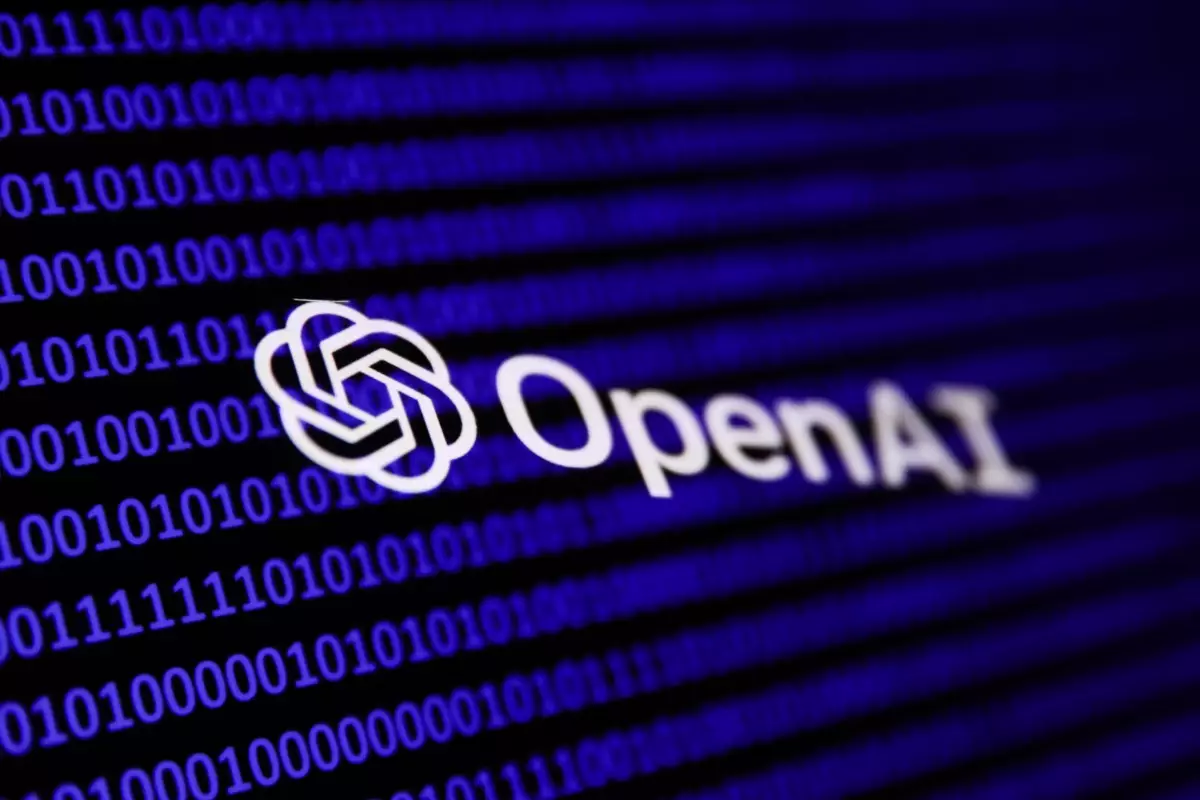The launch of ChatGPT Search by OpenAI marks an evolutionary milestone in the way users interact with information on the web. This innovative search feature enhances the user experience by integrating AI capabilities, offering summarized answers derived from diverse online sources. With the new options now available, both premium and casual users can benefit from the enhanced features, making it easier to find relevant information quickly.
One of the cornerstone features of ChatGPT Search is its automatic question routing. The system intelligently decides when to initiate a search, drastically reducing the amount of time users spend seeking information. For those who prefer a manual approach, the introduction of the “Search the web” icon provides autonomy to users, allowing them to bypass standard interaction methods for direct querying. The result is a more dynamic and engaging user interface that adapts to individual user preferences.
Notably, the feature showcases not just plain text but also “rich” content, which includes images and videos from various platforms, including YouTube. This not only enriches the responses provided by ChatGPT Search but elevates the learning experience by catering to different learning styles and preferences.
The incorporation of real-time data is a game-changer for users seeking up-to-date information. From sports scores to stock prices, the search tool is designed to provide instant verification of current events. With results linked directly back to reliable sources, users can delve deeper into topics of interest and clarify any uncertainties through follow-up questions. This multi-layered interaction creates a spiral of continuous learning and discovery.
Initially available only for premium subscribers, ChatGPT Search has now expanded its reach to all users. This inclusivity revolutionizes accessibility, ensuring that tailored information is within reach for everyone. Moreover, improvements in the mobile experience—such as organized business information displayed alongside integrated mapping services—reflect OpenAI’s commitment to enhancing usability across platforms. The seamless transition between desktop and mobile applications ensures users have a comprehensive search experience regardless of their device.
OpenAI faces scrutiny from industry peers, particularly concerning the implications of AI-driven search tools on traditional publishing. Critics argue that features like ChatGPT Search could siphon off traffic from original content creators, thus jeopardizing their revenue streams. Studies suggest that AI-derived summaries might diminish the need for users to click through to the sources, posing a threat to publishers already grappling with digital monetization.
In response, OpenAI has sought to refine the summarizing algorithms and adapt the model based on feedback from partners. This ongoing dialogue demonstrates a willingness to evolve in the wake of serious industry concerns, aiming to strike a balance between enhancing user experience and preserving the integrity of original content.
The launch of ChatGPT Search presents a paradigm shift in information retrieval on the internet. By fostering a user-friendly and rich media environment, OpenAI’s innovation not only enhances the efficiency of searches but also encourages exploration and engagement. As they tackle industry challenges, the evolution of ChatGPT Search will likely depend on feedback and adaptation, ensuring that both users and content creators can thrive in this new digital landscape.

